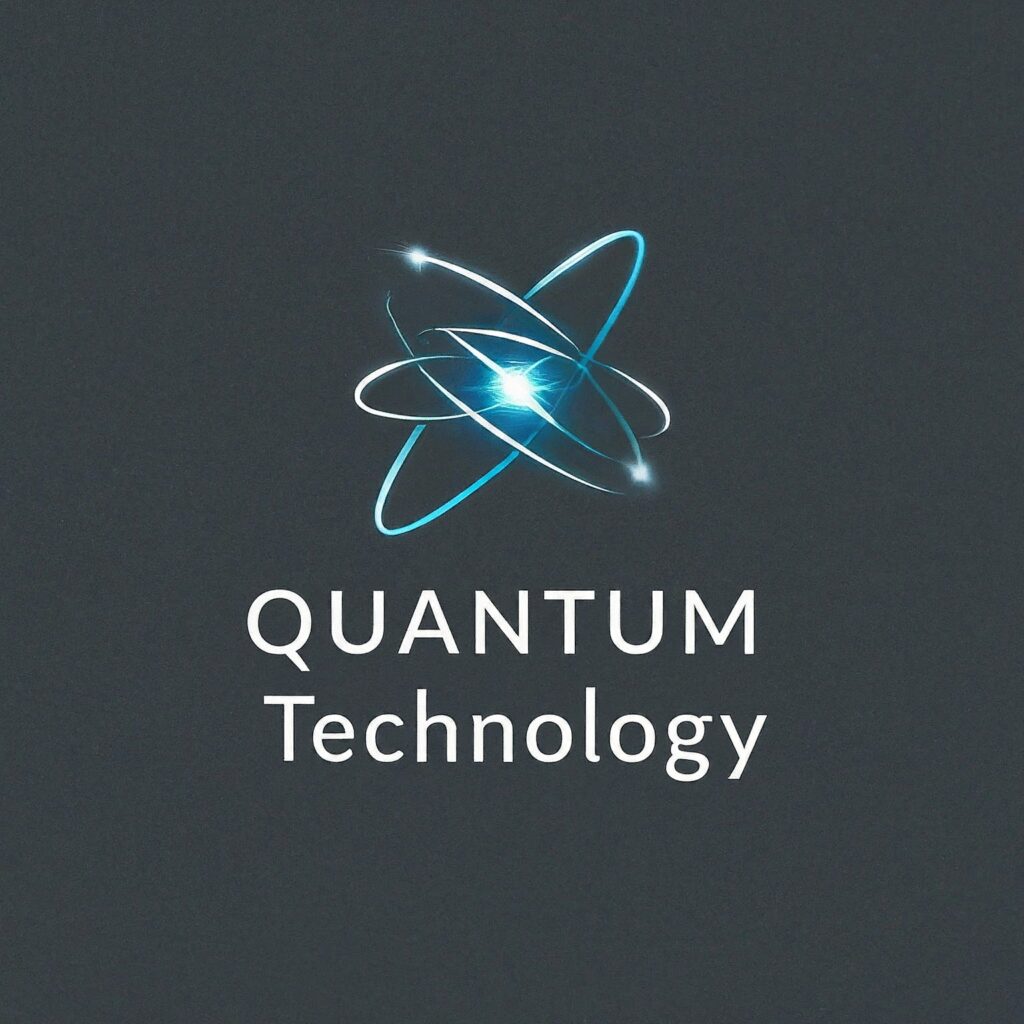Random numbers are the lifeblood of modern cryptography, used to secure everything from online transactions to military communications. But generating truly random numbers can be a challenge, especially with the rise of quantum computers that could potentially crack existing methods. A new research paper published in European Physical Journal Quantum Technology proposes a novel approach: a generalized time-bin quantum random number generator (RNG) with uncharacterized devices.
The study, led by researchers at the Technical University of Denmark (DTU), focuses on overcoming limitations of current RNGs. Traditional methods often rely on specialized equipment or specific assumptions about the devices involved. This new design aims to be more robust and secure by:
- Leveraging Time-Bin Encoding: This method encodes information in the timing of light pulses, offering an extra layer of security compared to traditional binary encoding.
- Minimizing Device Assumptions: The design works even with “uncharacterized devices,” meaning it doesn’t require detailed knowledge about the inner workings of the equipment used, making it more adaptable and secure against potential vulnerabilities.
Benefits of the Time-Bin RNG:
- Enhanced Security: By utilizing time-bin encoding and minimizing device assumptions, this design offers a more robust layer of randomness, making it harder to predict or manipulate the generated numbers.
- Flexibility: The design’s adaptability allows it to be implemented with various devices, potentially simplifying implementation and reducing reliance on specialized equipment.
- Future-Proofing: As quantum computers pose a threat to existing RNGs, this new approach offers a more secure solution for the future of cryptography.
The Road Ahead:
While promising, this research is in its theoretical stages. Further development and testing are required before real-world implementation becomes a reality. However, it represents a significant step forward in the quest for secure and reliable quantum random number generation.
Source: Tebyanian, H., Zahidy, M., Müller, R., Forchhammer, S., & Andersen, U. L. (2024). Generalized time-bin quantum random number generator with uncharacterized devices. European Physical Journal Quantum Technology, 7(1), 1-9. https://epjqt.epj.org/articles/epjqt/abs/2024/01/40507_2024_Article_227/40507_2024_Article_227.html
This news article highlights the potential of this new RNG design to enhance security in the digital age, particularly as quantum computing advances.
